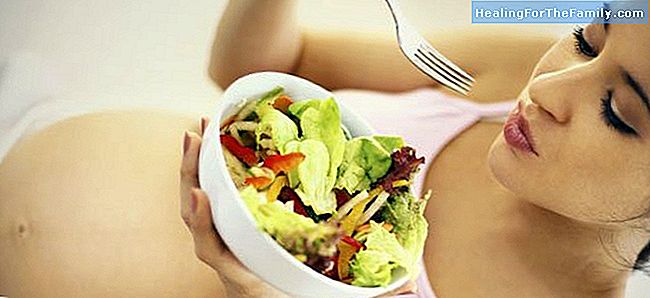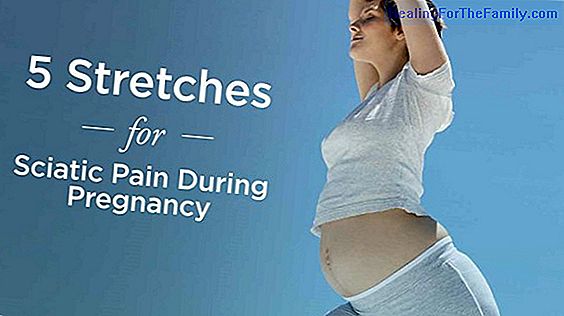Food
On the one hand, the daily nutritional needs of the mother must be guaranteed, as they constantly change during pregnancy. The body of the mother needs an intake of 350 to 500 extra calories e, and also an additional intake of some minerals and vitamins. On the other hand, it must be known what kind
On the one hand, the daily nutritional needs of the mother must be guaranteed, as they constantly change during pregnancy.
The body of the mother needs an intake of 350 to 500 extra calories e, and also an additional intake of some minerals and vitamins. On the other hand, it must be known what kind of food could cause diseases and unwanted infections that would affect both the mother and the fetus. The 9 essential foods for the pregnant1. Eggs:
Grant 25% of the RDA (recommended daily amount) of choline, essential nutrients for the brain development of the fetus. A pregnant woman with choline deficiency will have 4 times more risk of conceiving a baby with abnormalities in the neural tube.

2. Salmon: Salmon is very rich in omega 3, a fatty acid that has a great variety of benefits for the baby: greater capacity for learning, communication and concentration; it will also enjoy greater visual acuity and a lower risk of delay during development, etc.
3. Dairy products: Dairy products are very varied and each of them has enormous amounts of protein and calcium, important elements during pregnancy. An incremental calcium deficiency increases the risk of bone problems in the fetus and weight loss in the mother.
4. Avocados: Avocados are very healthy for multiple reasons: it has potassium that relieves the numbness of legs in the mother, folic acid that protects the baby against malformations and fatty acids that will contribute to the development of the fetus.
5. Lean meat:Eating lean meat offers you iron, B vitamins, proteins and choline. Iron is frequently absent from the diet of pregnant women, and its lack increases the risk of preterm birth by 2.6 times. Remember that the consumption of iron is very important between, this can determine the future of your baby.
6. Legumes: They are very important thanks to their high content of folic acid, their intake decreases the risk of premature birth, anomalies in the neural tube of the fetus or delay in the growth of the baby.
7. Leafy green vegetables: Green leafy vegetables are very rich in fiber that fights constipation, a condition that is common during pregnancy; but they are also rich in iron, folic acid and vitamin K. These vegetables contribute to the growth of the baby in the womb, which is important, right?
8. Sweet potatoes: They are a great source of vitamin A of vegetable origin, essential for the proper growth and development of the fetus. Sweet potatoes contain 5 times the CDR of vitamin A.
9. Fish oil: It contains a huge amount of omega 3 and 3 times the CDR of vitamin D, a vitamin that decreases the risk of preeclampsia. Do not drink more than one tablespoon per day to avoid vitamin A toxicity of animal origin.
Natalia Olivares. Nutritionist












